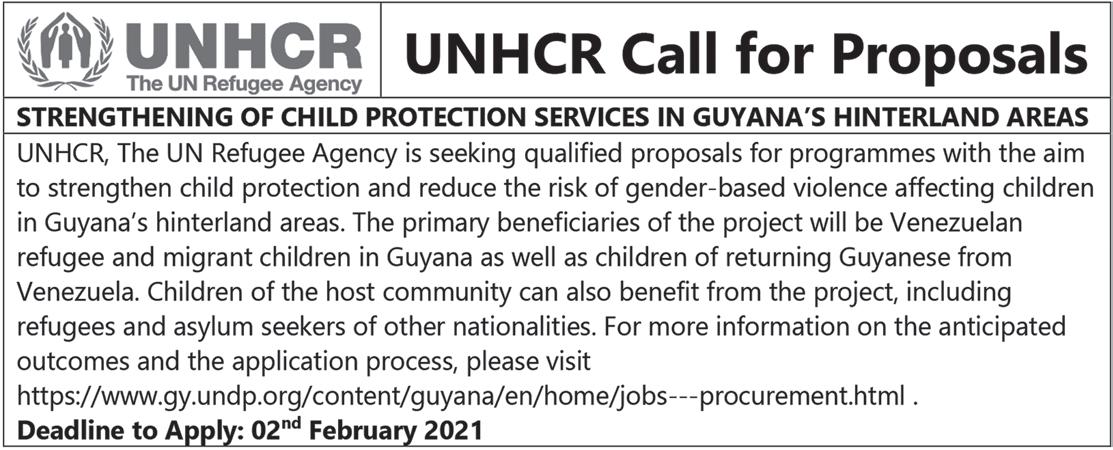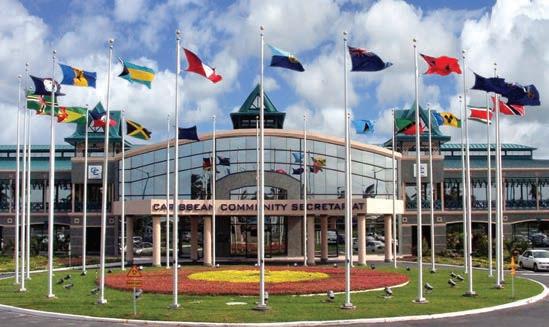
41 minute read
her passion P
SUNDAY, JANUARY 31, 2021 | GUYANATIMESGY.COM
Patricia Punch shares her journey of following her passion
Cake decorating in motion
By Lakhram Bhagirat
of race, colour, or religious af- “I got word about the mis- learn. At first, I was scared lil filiation. To further strength- sion from a WhatsApp group bit but then I got more com-
Famous American come- en this mission’s vision on the and I went there and visit. I fortable as the course went dian Wanda Sykes once way forward, we have incor- had a passion for cakes. I can on. I am now grateful for evsaid: “If you feel like porated a new entity called bake nice cakes but I always erything I learned,” she said. there’s something out there The Humanitarian Mission- wanting to do the icing. I have There she was taught the that you’re sup- principles of pastry posed to be doing, if you have a pasThe Humanitarian Mission-Guyana Inc making, the different types of pastries after sion for it, then which she moved on stop wishing and to the baking aspect of just do it.” the course. She learned
That is exact- to bake all types of cake ly what Patricia and moved on to decoPunch has been rating them. doing for the past “I learned to icing three years. cake and prepare pas-
The 41-year- tries and all of these old mother of finger foods but I three has been wasn’t satisfied at first towards self-improvement training for mostly young continuous - with the skills I had. led the administrators of the women, stay-at-home moms ly working on So I went back again learning centre to ask Punch and single mothers who want self-improvement in 2019, I did another if she could expand her role to empower themselves so we and following her four months and from from being a student to a would need like some support passion. that, I did well. I loved teacher. and so for whatever it is so we
Hailing from it all. I loved being able “They asked me if I could can help provide for the laRose Hall Town to learn about all these teach the class after then and dies. in East Berbice, new things and for once I consider it my honour to do She started teaching in Punch has always I felt happy to be pur- that and now I am teaching January of 2020 but had to had a passion for baking and Guyana Inc which is a tax-ex- 3 kids so I was always invest- suing my passion. From then, there. They are doing a very cancel classes after the corocake decorating. However, empt, non-profit, educational, ing in buying birthday cakes I knew that I only had to keep good job there but they need navirus pandemic hit, but she she never found the avenue social, and charitable organi- and so I wanted to learn about building myself up.” some support because it is a is now back in the classroom to follow her passion up until zation. This entity is secular how I can do it myself. So I Being impressed by her non-profit organisation and imparting the knowledge she 2018 when she came into con- with no religious affiliation went there and I signed up to commitment and dedication being that they are doing the gained. tact with the Humanitarian and would make it easier for Mission-Guyana Inc which everyone in the community to was offering baking and cake seek much-needed help and decorating classes. get funding from agencies,”
The Humanitarian the organisation says on its Mission-Guyana Inc is an ed- Facebook page. ucational, social and char- Through the itable Non-Governmental Humanitarian MissionOrganisation (NGO) with Guyana Inc, Punch has been its pain purpose being to able to move from being a "Educate, Empower and student to the teacher of the Elevate". four-month baking and cake
The Humanitarian decorating course – a feat she Mission of NJAS Inc was initi- thought she would never be ated in 2005 under the auspic- able to accomplish. es of New Jersey Arya Samaj She had a regular job up Mandir Inc, with the sole pur- until she got pregnant with pose of serving humanity and her third child and stopped helping the underprivileged working. However, always to break the vicious cycle of wanting to be earning and poverty through education aid in providing for her chiland empowerment in Guyana. dren led Punch to start folSince its formation, the organ- lowing her passion for food. isation has been able, through At first, she started prepardonor funding, to build a fully ing hot meals and would vend functional training centre in at the bus shed in front of the Port Mourant, Berbice. University of Guyana’s Tain
The facility is being used Campus. for imparting vocational Then in 2018, via a training and education to the WhatsApp group chat, she community to help break the came across a flier from the cycle of poverty. Humanitarian Mission about
“It has been our mission its plethora of classes being to serve everyone, regardless offered.
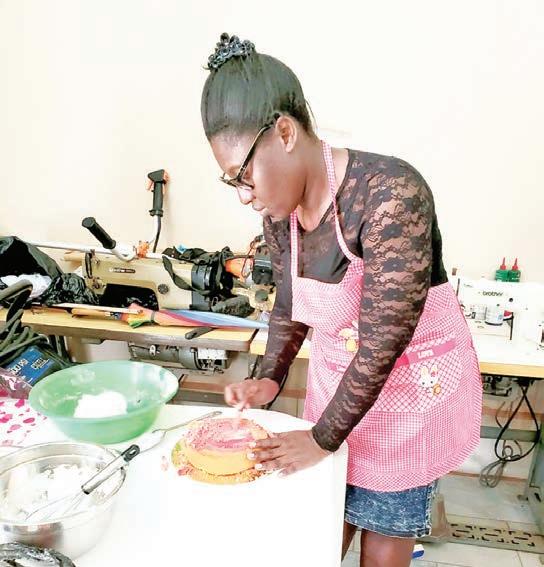

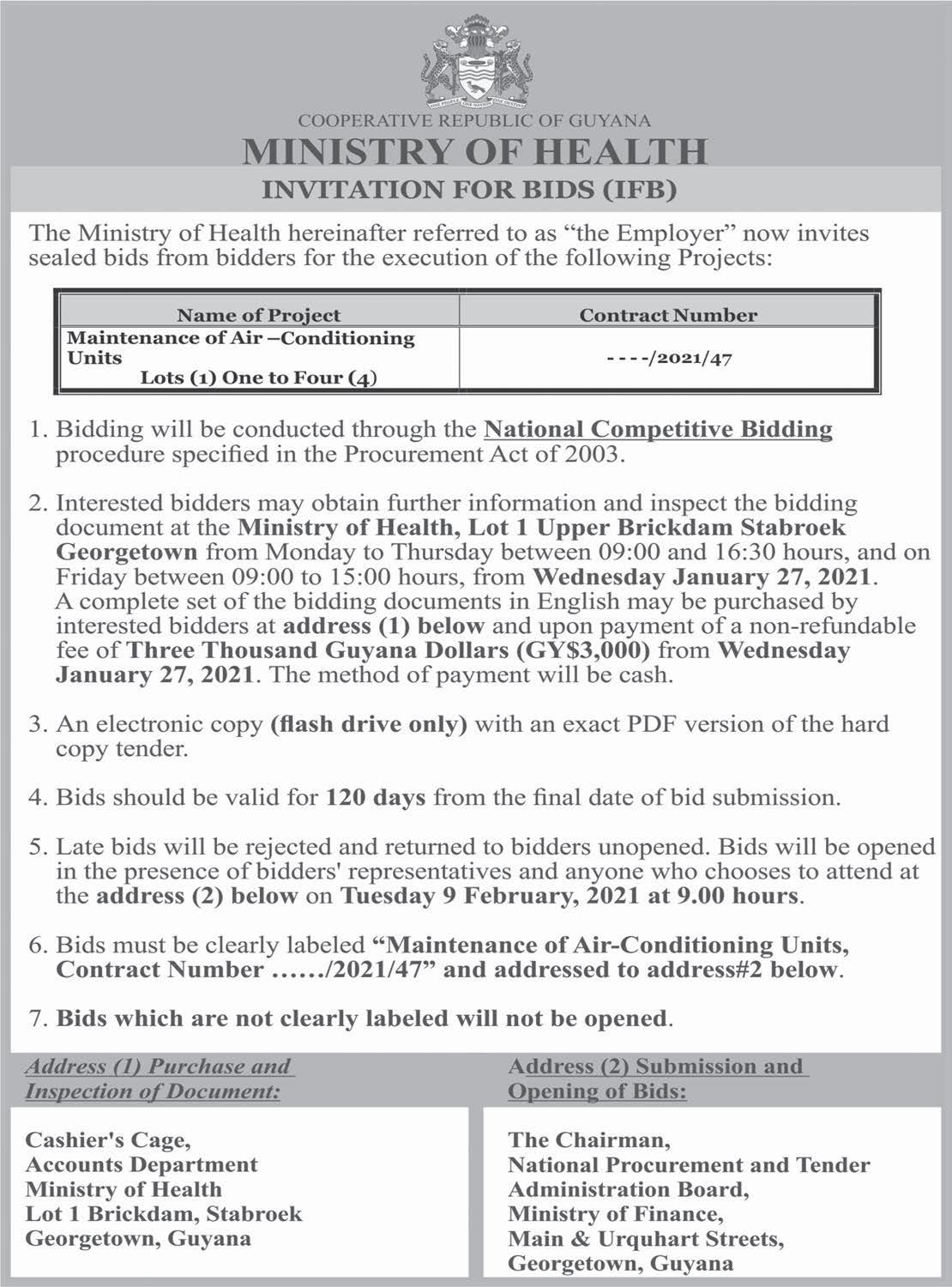

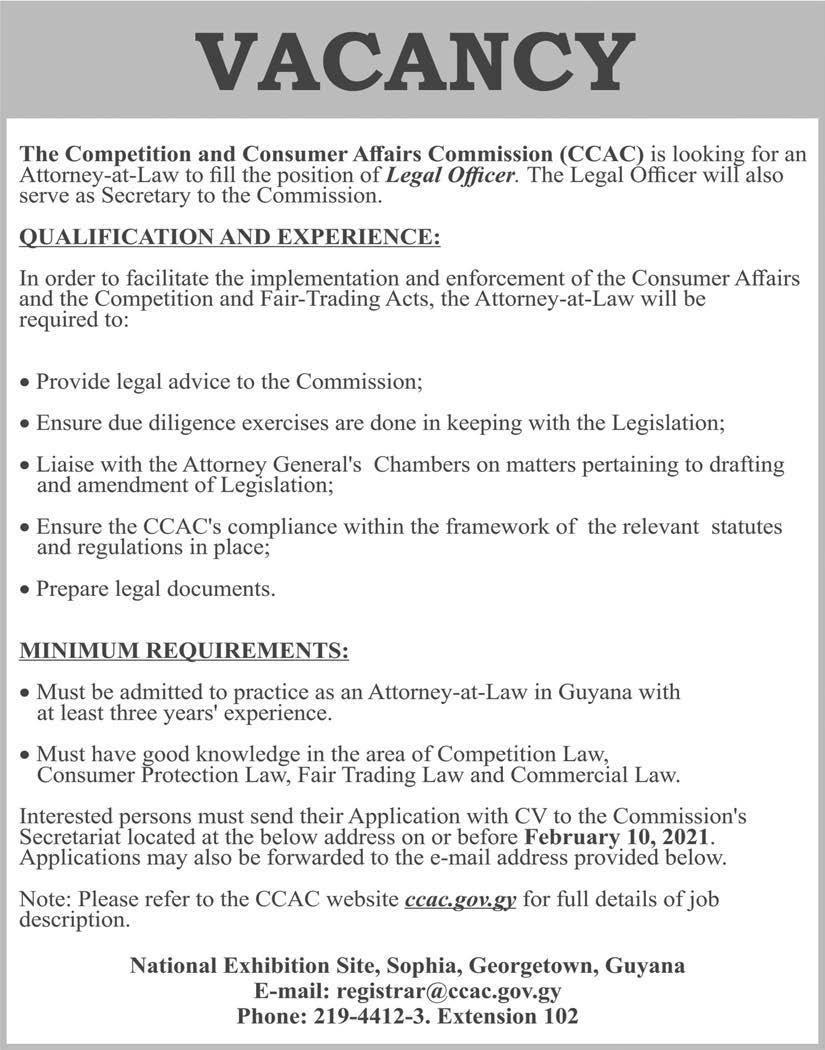
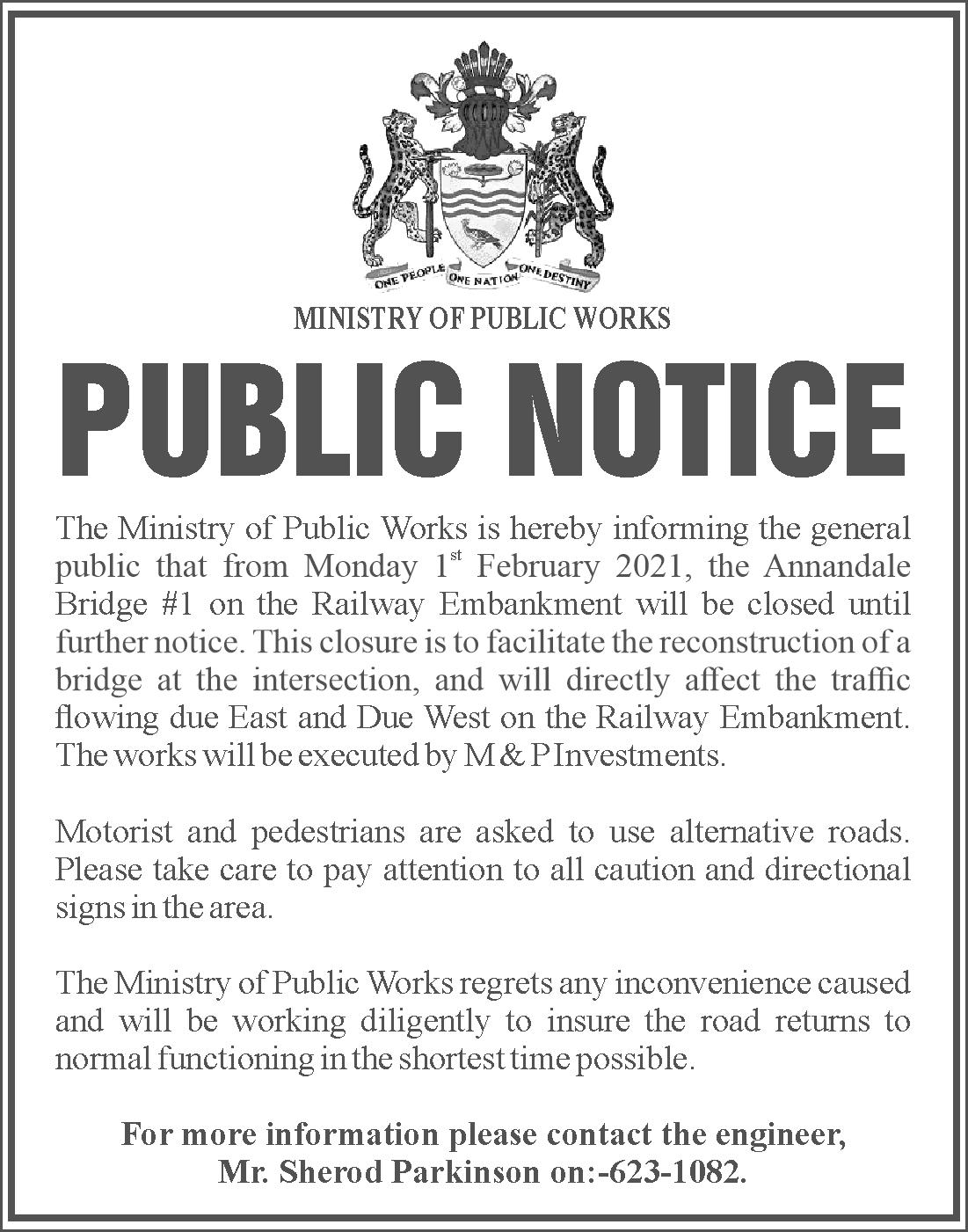
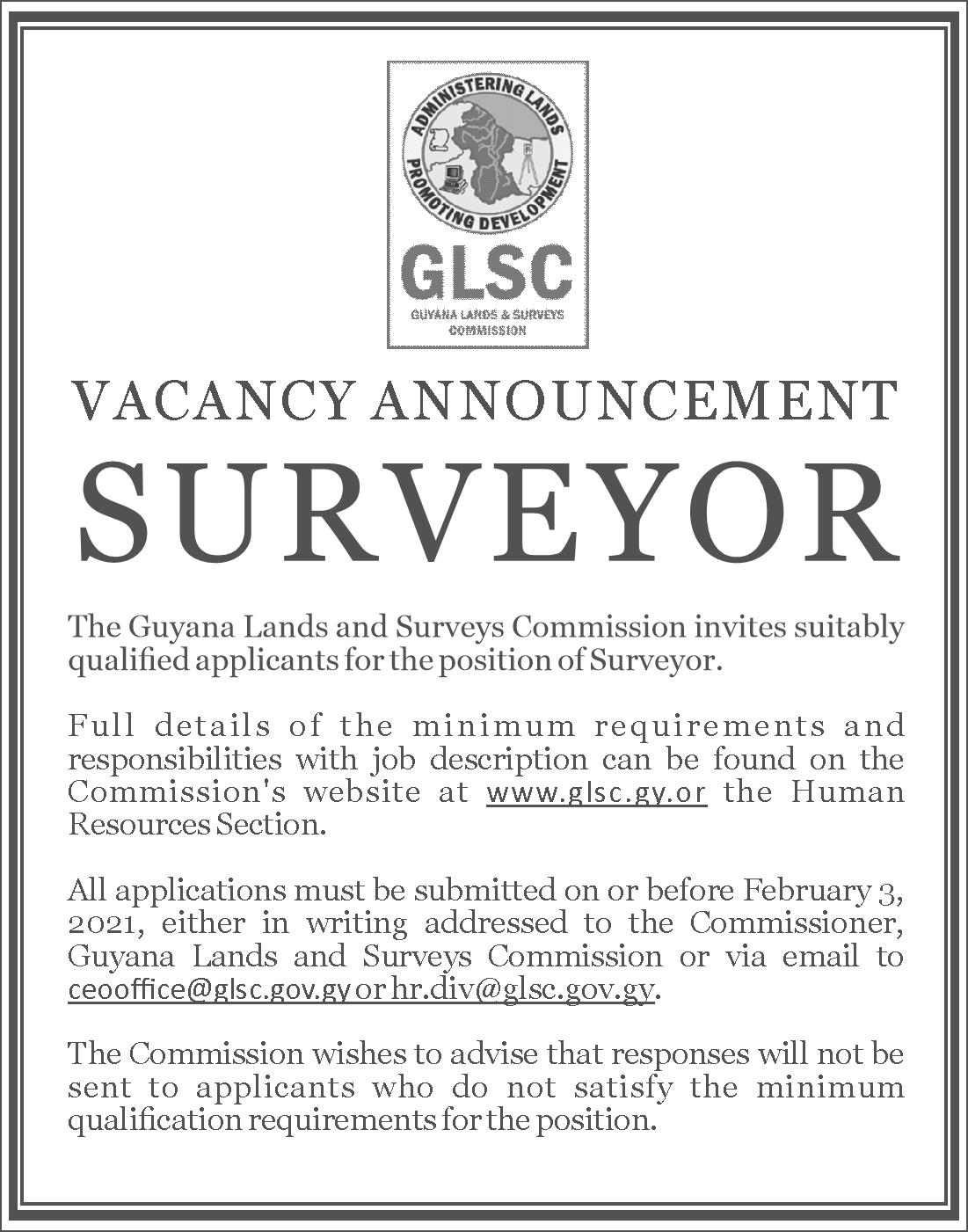

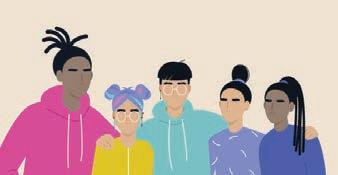
By Lakhram Bhagirat
The transgender community, in Guyana and around the world, is subjected to discrimination on a daily basis for being their authentic self. They are marginalised and forced to either hide their true selves or brave the world.
In Guyana, the transgender community is small and close-knit but they are considered to be outcasts in society as well. Many of the members in the trans community are forced to engage in sex work mainly because of discriminatory hiring practices and the fact that many of them are deprived of the opportunities to further enhance themselves when they decide to live the way they feel.
In an effort to under-
stand some of the issues affecting the trans community, the Sunday Times sat down with Executive Director of the Guyana Trans United (GTU), Candace McEwan.
The local trans community is plagued by not only discrimination from the outside but also the violence within. McEwan told this publication that intimate partner violence is rampant within the community for a number of reasons but mainly because many of its members are flamboyant.
“We cannot say that it is domestic violence because they (the law enforcement officials) never consider us as the domestic, so intimate partner violence it is. It is very high in the (trans) community because of the fact that persons within the community are fearful of stigma. Meaning that I am a transgender woman and my partner is MSM (men who have sex with me) and he might be afraid to even go in public or even be seen in public with me because sometimes if persons know he engages in those behaviour, then they might act (discriminate/beat) out on him and the only revenge is him to come and act out on me at home,” she said.
McEwan said that the reasons for intimate partner violence within the community are not only linked to discrimination from outside but also within.
Over the years, the GTU has been trying to have issues facing the community addressed and have been making some strides. The organisation works at the grassroots level so the passion to address the issues is always there. It fuels their drive and the GTU has been working closely to address them.
The GTU has a strong support system for its members and tailors its responses to the individual needs of its members. The Organisation has a social worker that is accessible to every member whenever they need to have a listening ear.
“Our funding would have ended since July (2019 because of COVID-19) but one of the good things is that the social worker that we have is very committed. She has been with us since 2015 and because funding is not there, she still continues to do supportive work for us. She is still there to address the needs of our community.
“The fact is that we have a social worker addressing the issues (faced by our members) on a one-on-one basis, so we have persons would come and engage the social worker on some of the challenges they would encounter,” McEwan related.
Since its formation, the GTU has been dealing with reports of intimate partner violence from its members along with the struggles they face in accessing justice. It has, over the years, seen many of its members being brutalised, murdered and maimed at the hands of their lovers or even clients.
One of its very early instances of dealing with intimate partner violence is that of the story involving Romario “Thin Slice” Lovell and her relationship with Samuel Bristol. Lovell and Bristol shared a rocky relationship for a number of years and were being counselled at the GTU.
However, Bristol would accuse two of Lovell’s friends – 23-year-old Jason “Jada” John and 24-year-old Carl “Tyra Banks” Sinclair – of encouraging her to engage in sex work. On July 20, 2014, he murdered Jada and Tyra at Leopold Street and Lombard Street in the city.
The process of dealing with intimate partner violence is one that GTU is addressing to suit its members' specific needs. Many times, reports would be received through the office of the social worker.
The social worker would often counsel the victims since most of them are not ready to report it to the authorities at them.
“There is a higher level of discrimination from the community outside of the trans community in terms of now to have redress matter. So, the social worker would have to counsel that person from time to time, have their confidence built up and then have them to be able to share it outside. Even when they are ready to share it outside, when they go to speak at some Police stations for redress, they reach with Police officers stigmatising them. It is not neces-
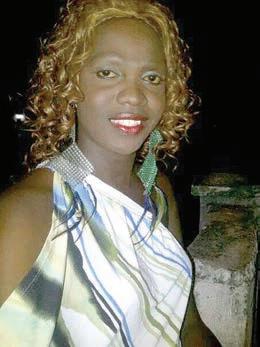
Carl “Tyra Banks” Sinclair Executive Director of the Guyana Trans United, Candace McEwan Jason “Jada” John

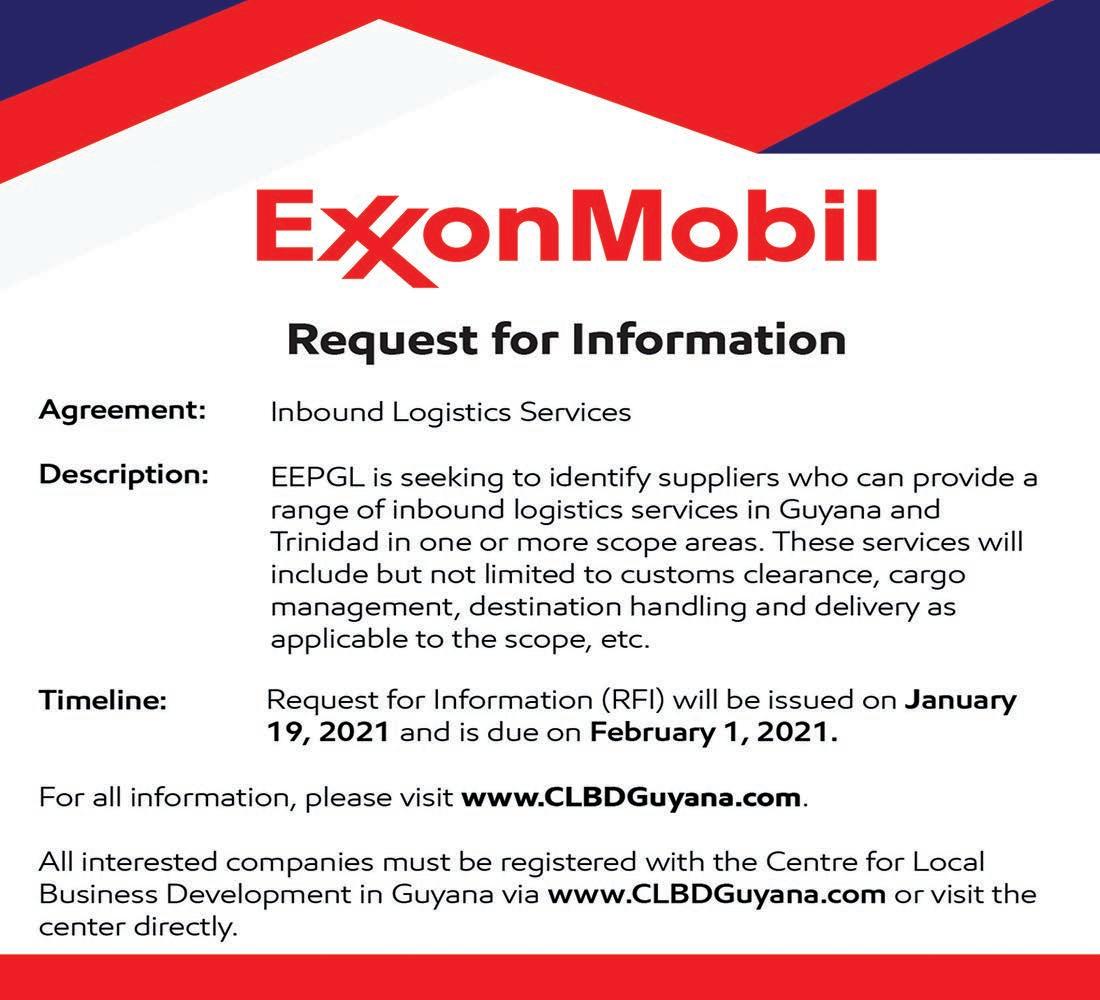


sarily the officers taking the report but like the Special Constables in the station’s compound and so.
“Sometimes they would just turn away and not make the report, especially if they are not accompanied by the social worker and when they have those cases the social worker may speak with the officer in charge. We did some training last year with the Police officers and SASOD but the fact that they (Police Force) always have a turnover, it should be an ongoing process and because of donor funding, when you don’t have donor funding then it’s a bit challenging to get your work out there,” McEwan said.
COVID-19 has impacted the work of the GTU, significantly, because of the fact that its funding has been cut off.
“I am so grateful for the staff and the fact that GTU is a grassroots organisation and we have a lot of community members involved and the fact that it is community-driven, the passion is always there for the community,” she said.
For now, the GTU is continuing to use its volunteer pool to help the community and further educate about the issues faced and propose solutions to have them addressed.


Domestic violence against women Recognise patterns, seek help
Domestic violence — also called intimate partner violence — occurs between people in an intimate relationship. Domestic violence can take many forms, including emotional, sexual and physical abuse and threats of abuse. Domestic violence can happen in heterosexual or samesex relationships.
Abusive relationships always involve an imbalance of power and control. An abuser uses intimidating, hurtful words and behaviors to control his or her partner.
It might not be easy to identify domestic violence at first. While some relationships are clearly abusive from the outset, abuse often starts subtly and gets worse over time. You might be experiencing domestic violence if you're in a relationship with someone who: • Calls you names, insults you or puts you down • Prevents or discourages you from going to work or school or seeing family members or friends • Tries to control how you spend money, where you go, what medicines you take or what you wear
• Acts jealous or possessive or constantly accuses you of being unfaithful • Gets angry when drinking alcohol or using drugs • Tries to control whether you can see a health care provider • Threatens you with violence or a weapon • Hits, kicks, shoves, slaps, chokes or otherwise hurts you, your children or your pets • Forces you to have sex or engage in sexual acts against your will • Blames you for his or her violent behavior or tells you that you deserve it • Threatens to tell friends, family, colleagues or community members your sexual orientation or gender identity
If you're lesbian, bisexual or transgender, you might also be experiencing domestic violence if you're in a relationship with someone who: • Tells you that authorities won't help a lesbian, bisexual or transgender person • Tells you that leaving the relationship means you're admitting that lesbian, bisexual or transgender relationships are deviant • Says women can't be violent • Justifies abuse by telling you that you're not "really" lesbian, bisexual or transgender
Don't take the blame
You may not be ready to seek help because you believe you're at least partially to blame for the abuse in the relationship. Reasons may include: • Your partner blames you for the violence in your relationship. Abusive partners rarely take responsibility for their actions. • Your partner only exhibits abusive behavior with you. Abusers are often concerned with outward appearances, and may appear charming and stable to those outside of your relationship. This may cause you to believe that his or her actions can only be explained by something you've done. • Therapists and doctors who see you alone or with your partner haven't detected a problem. If you haven't told your doctor or other health care providers about the abuse, they may only take note of unhealthy patterns in your thinking or behavior, which can lead to a misdiagnosis. For example, survivors of intimate partner violence may develop symptoms that resemble personality disorders. Exposure to intimate partner violence also increases your risk of mental health conditions such as depression, anxiety and post-traumatic stress disorder (PTSD).
If health care providers focus on your symptoms, this may worsen your fear that you are responsible for the abuse in your relationship. • You have acted out verbally or physically against your abuser, yelling, pushing, or hitting him or her during conflicts. You may worry that you are abusive, but it's much more likely that you acted in self-defense or intense emotional distress. Your abuser may use such incidents to manipulate you, describing them as proof that you are the abusive partner.
If you're having trouble identifying what's happening, take a step back and look at larger patterns in your relationship. Then, review the signs of domestic violence. In an abusive relationship, the person who routinely uses these behaviors is the abuser. The person on the receiving end is being abused.
Pregnancy, children and abuse
Sometimes domestic violence begins — or increases — during pregnancy, putting your health and the baby's health at risk. The danger continues after the baby is born.
Even if your child is not abused, simply witnessing domestic violence can be harmful. Children who grow up in abusive homes are more likely to be abused and have behavioral problems than are other children. As adults, they're more likely to become abusers or think abuse is a normal part of relationships.
You might worry that telling the truth will further endanger you, your child or other family members — and that it might break up your family — but seeking help is the best way to protect your children and yourself.
Break the cycle
If you're in an abusive situation, you might recognize this pattern: • Your abuser threatens violence. • Your abuser strikes. • Your abuser apologizes, promises to change and offers gifts. • The cycle repeats itself.
Typically, the violence becomes more frequent and severe over time.
The longer you stay in an abusive relationship, the greater the physical and emotional toll. You might become depressed and anxious, or begin to doubt your ability to take care of yourself. You might feel helpless or paralyzed.
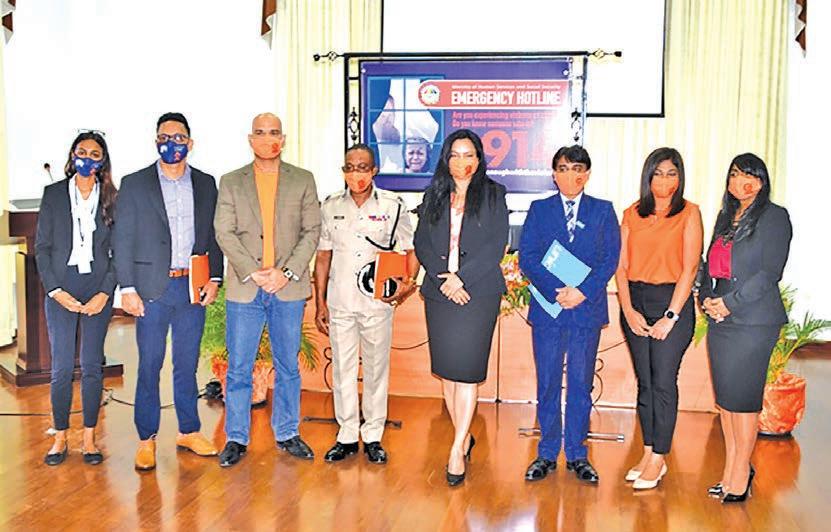
FLASKBACK: Human Services Minister Dr Vindhya Persaud (fourth from right) along with stakeholders including, from left to right, Hilton Wong, Senior Business Manager, GTT; Diego Alphonso, Senior Gender Affairs Officer at the Ministry; Assistant Commissioner of Police Clifton Hicken. Head of Business Sales for Digicel Guyana, Nalini Vieira; and Irfan Akhtar, Deputy Representative, UNICEF, are pictured first and third from right
dangerous. Consider taking these precautions: • Call a women's shelter or domestic violence hotline for advice. Make the call at a safe time — when the abuser isn't around — or from a friend's house or other safe location. • Pack an emergency bag that includes items you'll need when you leave, such as extra clothes and keys. Leave the bag in a safe place. Keep important personal papers, money and prescription medications handy so that you can take them with you on short notice. • Know exactly where you'll go and how you'll get there.
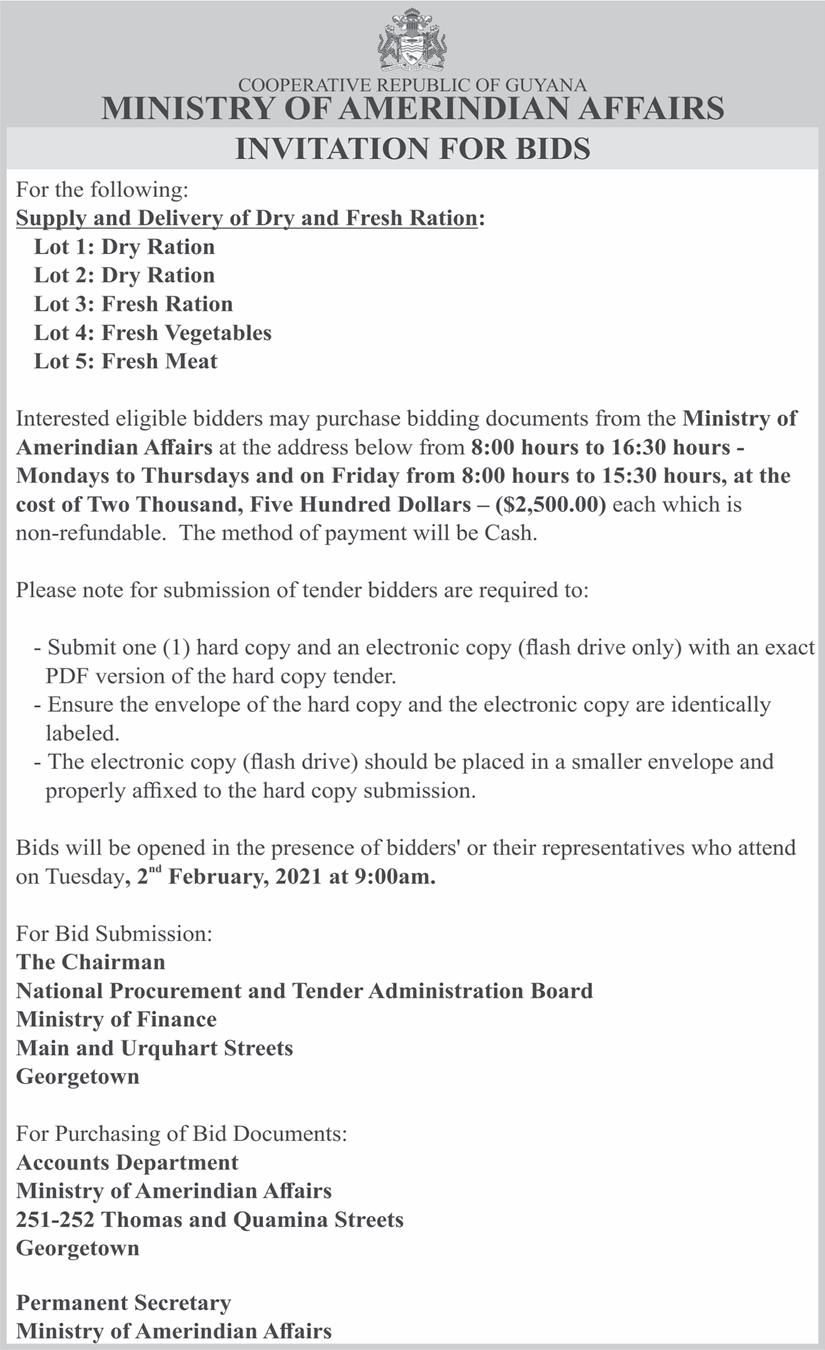
Protect your communication and location
An abuser can use technology to monitor your telephone and online communication and to track your location. If you're concerned for your safety, seek help. To maintain your privacy: • Use phones cautiously. Your abuser might intercept calls and listen to your conversations. He or she might use caller ID, check your cellphone or search your phone billing records to see your call and texting history. • Use your home computer cautiously. Your abuser might use spyware to monitor your emails and the websites you visit. Consider using a computer at work, the library or at a friend's house to seek help. • Remove GPS devices from your vehicle. Your abuser might use a GPS device to pinpoint your location. • Frequently change your email password. Choose passwords that would be impossible for your abuser to guess. • Clear your viewing history. Follow your browser's instructions to clear any record of websites or graphics you've viewed.
Seek help
In Guyana there are a number of organisations that provides help for domestic violence victims. The Ministry of Human Services and Social Security recently launched the 914toll-free hotline for persons experiencing domestic abuse.
When a call is placed between the hours of 08:00hrs and 16:30hrs, it would be routed to a trained customer service operator, who, in turn, will connect the call to a Social Worker. Calls made after working hours and during weekends will be routed to the mobile handsets of Social Workers where all calls will be addressed with confidentiality. The Social Workers will provide necessary consultations and refer children and parents to local service providers and other relevant agencies. (Excerpts from Mayo Clinic)
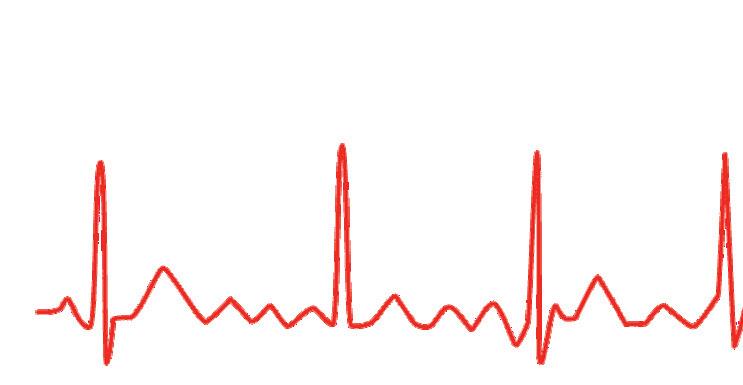
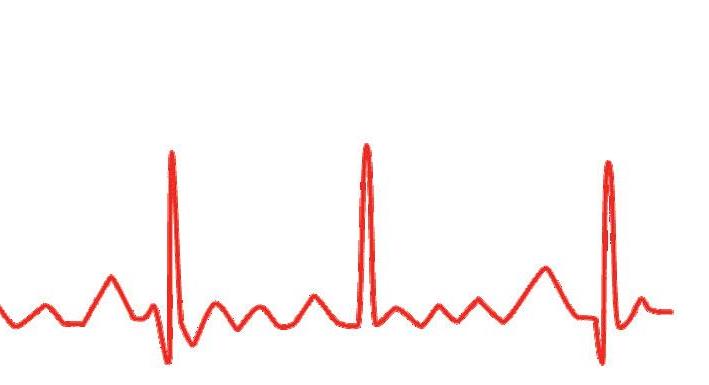


HEALTH TIPS
THE IMPACT OF COVID-19 ON PERSONS LIVING WITH HIV

Dr Tariq Jagnarine Family meDicine, enDocrinology/ DiabeTes
There are over 102 million cases of COVID-19 worldwide, and with numbers growing rapidly, it is important to focus on prevention strategies to mitigate the spread of COVID-19, especially in countries with a high prevalence of HIV, like Guyana. There is great concern about the impact of COVID-19 among the nearly 40 million people living with HIV (PLHIV) worldwide. While several researches conclude that there is no higher prevalence of COVID-19 among PLHIV, having HIV does not confer protection against severe manifestations of COVID-19. Additionally, several studies looked at antiretroviral drugs used against HIV to treat SARSCoV-2, and these have shown no major mortality benefit. The clinical course of COVID-19 among PLHIV does not seem to be different from what it is in the general population. However, there are areas of concern, included among them being high inflammatory states from both conditions, which could result in complications. The global focus on the COVID-19 pandemic, including the race for a viable and effective vaccine and research into treatment options, has the potential to synergistically drive progress for research in HIV infection.
HIV care delivery has been adversely impacted in Guyana, affecting our UNAIDS target, during this pandemic; but has created an opportunity for accelerating effective strategies, like multi-month antiretroviral treatment. Decentralising HIV care in low-resource settings and incorporating telemedicine in high-resource settings can be critical in mitigating the ripple effects to healthcare systems in the future.
FACTS
* People with HIV appear to have a slightly increased risk of dying from COVID-19 if they have detectable viral loads and low CD4 counts. * People with HIV and underlying health conditions, such as obesity, poorly controlled diabetes, high blood pressure, and cardiovascular disease, can be at a higher risk of contracting COVID-19. * People with CD4 cell counts below 50, or with an underlying opportunistic illness in the last six months, may need to take extra precautions to protect themselves from the coronavirus.
PEOPLE WITH HIV AND
THE RISK OF COVID-19
While everyone is at risk of contracting COVID-19, the consequences of infection are more severe, and can even result in death, for some vulnerable groups. This includes PLHIV who are: * Aged over 60 years old * Living with a detectable viral load, or are not on HIV treatment * Diabetic * Smokers * Living with a comorbidity such as heart or lung issues.
Since the disease is new, and no long-term study has been done to assess lasting impact and consequences of COVID-19, PLHIV need to be extra careful and adhere to the Ministry of Health’s (MOH’s) guidelines on COVID-19.
TIPS FOR PLHIV
* People with a CD4 count over 200, who are taking HIV treatment and have an undetectable viral load, are considered at no greater risk than the general population. They should follow general advice: to stay at home and maintain social distancing. * People with a CD4 count below 200, or who are not taking HIV treatment, or who have a detectable viral load, may be at higher risk of severe illness. Nonetheless, they should still follow the same general advice. * People with a very low CD4 count - below 50, or who have had an opportunistic illness in the last six months, are extremely vulnerable to COVID-19, and need to practise all of the Ministry of Health’s advice.
PREVENTION TIPS
* As much as possible, stay at least one metre away from people outdoors, and maintain an even greater distance indoors. * Wear a face mask when around others. * Avoid places that are crowded, confined, or involve close contact with others, especially indoors. * Wash hands frequently and properly with soap and water, or use an alcohol-based hand sanitiser.
* Avoid touching the face. * Avoid people who are feeling unwell. * Clean and disinfect surfaces regularly. * Cover the nose and mouth with a clean tissue when sneezing or coughing, or sneeze into an elbow. Throw away the tissue sneezed into and wash hands. * Try to stock-up on antiretroviral treatment, or any other medication that needs to be taken for at least 30 to 90 days. * Make sure all vaccinations are up-to-date (such as flu and pneumonia vaccines). * Try to get in touch with the health-care facility and peer supporters. * Have a plan regarding staying at home for long periods, including how to get food and medicine. * Eat well, and exercise as best as possible (even at home). * Have mental health checks, and seek social support if needed.
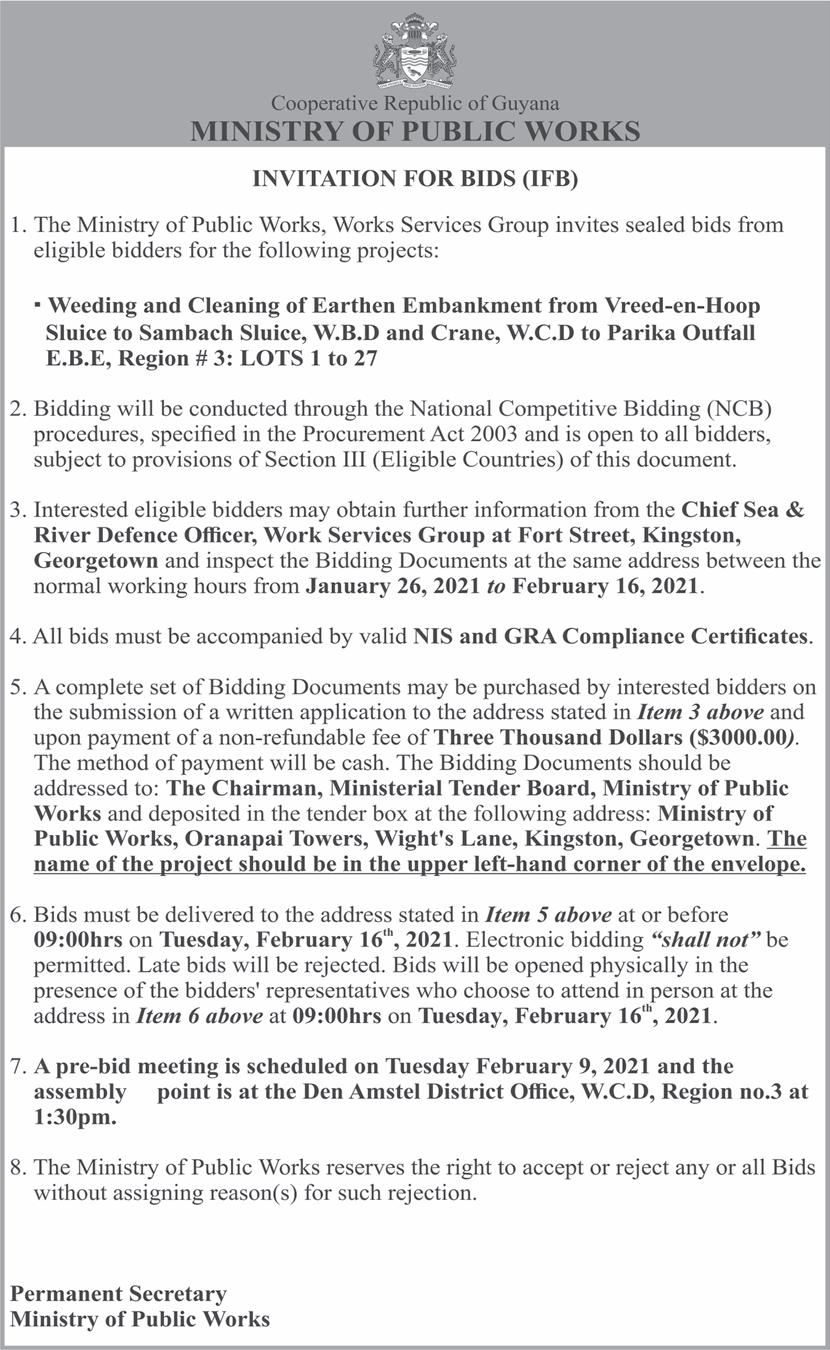
CONTINUED ON PAGE 21
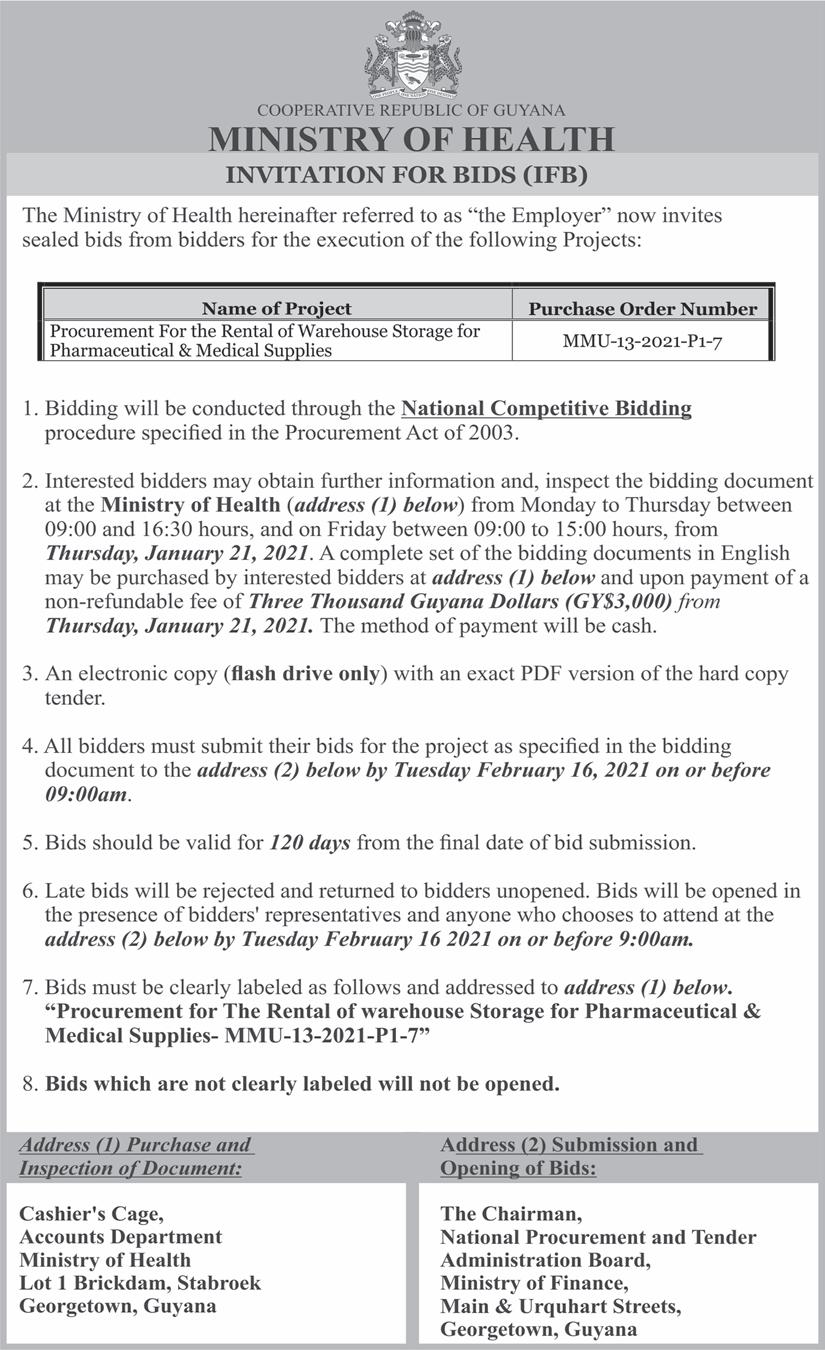
COVID-19 and treatment of adults
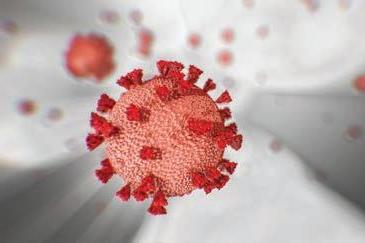
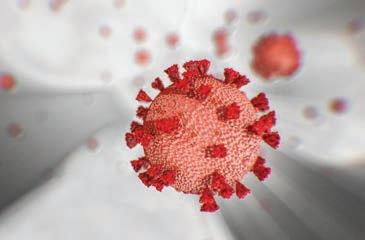
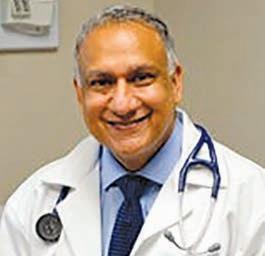
Dr. Moti raMgopal, the guyanese Doctor who leD the clinical trial on coViD-19 treatMent giVen to us presiDent DonalD truMp
Since March this year, I have treated hundreds of cases of patients infected with COVID-19, but three cases in particular have aroused my curiosity about the genetic relationship of COVID-19. Do genes play a role in how severe symptoms will be?
Take the case of JT, age 61, I saw over a month ago with a history of COPD, hypertension and diabetes, who developed fatigue, body aches, cough, shortness of breath, and a temperature of 101.6 degrees Fahrenheit. His COVID test was positive.
His oxygen saturation was 94percent on 3.5 L. Indicators of severe disease are marked tachypnea (respiratory rate, ≥30 breaths per minute), hypoxemia (oxygen saturation, ≤93percent; ratio of partial pressure of arterial oxygen to fraction of inspired oxygen, 50percent of the lung field involved within 24 to 48 hours).
Once admitted, he started treatment with decadron, remdesivir, convalescent plasma, vitamin C, zinc and anticoagulants. With a history of diabetes and obesity, iron deteriorated, and he was enrolled into clinical trials and received several investigational drugs as well as Actemra, an immunomodulator. 30 days later, he is currently hospitalized with a tracheostomy tube and a feeding tube.
His brother PT,with diabetes, hypertension, and obesity as well as bladder cancer, was admitted two days prior to his brother’s admission with cough and a positive COVID-19 test.
PT was hospitalized for four days and discharged on oxygen after he clinically improved. PT was readmitted five days later with worsening shortness of breath and he was started on Remdesivir, Decadron, heparin and plasma. PT’s condition improved over the next three days, but then went into cardiac arrest with ventricular arrhythmia and died.
Their 82-year-old mother was infected with COVID as well, but was asymptomatic until she presented three weeks later for thromboembolic event, or a blood clot, involving her right leg. She developed ischemia, an inadequate blood supply, requiring amputation. The family decided on hospice care.
Genetic composition
These three cases question the genetic component of COVID-19. A UK group studying more than 2,200 COVID-19 patients has pinned down common gene variants that are linked to the most severe cases of the disease.
In June, one such genome wide association study in “The New England Journal of Medicine (NEJM)” found two “hits” linked to respiratory failure in 1,600 Italian and Spanish COVID-19 patients: a marker within the ABO gene, which determines a person’s blood type, and a stretch of chromosome three that holds a half-dozen genes.
A gene called IFNAR2 codes for a cell receptor for interferon. A variant of this gene raises the risk of severe COVID 19 by 30 per cent. There are genes which code proteins, that can activate an enzyme that breaks down viral RNA changes in this gene, and this activation allows the virus to flourish.
Also, genes can code for proteins to ramp-up the inflammatory response to lung damage triggered by COVID-19. Genes DPP9 and TYK2 are involved in inflammation and blocking these enzymes may be beneficial. CCR2 is a gene that encodes a receptor for cytokine proteins that play a role in inflammation. But other data points to SLC6Z20, which codes for a protein that interacts with the main cell receptor used by COVID-19 to enter cells.
The importance of recognizing the genetic impact may influence treatment strategies.
It still unknown why African-American or Hispanic patients had such a higher risk of infection, but this can be related back to pre-existing conditions. However, I would not be surprised if there is a genetic relationship that can be found.
Blood type A is associated with higher risk of respiratory failure. COVID-19 is primarily spread from person to person through respiratory particles, probably of varying sizes, which are released when an infected person coughs, sneezes, or speaks. Because both smaller particles (aerosols) and larger particles (droplets) are concentrated within a few meters, the likelihood of transmission decreases with physical distancing and increased ventilation.
Aerosols can be generated under circumstances, such as talking, singing, or shouting indoors in poorly ventilated environments. In these situations, transmission over longer distances may occur. Respiratory transmission is probably the main mode of transmission, hence masking and physical distancing markedly decrease the chance of transmission. Under laboratory conditions, COVID-19 may persist on cardboard, plastic and stainless steel for days.
Patients can be infectious one to three days before symptom onset, and up to 40-to-50 percent of cases may be attributable to transmission from asymptomatic or presymptomatic people. Just before and soon after symptom onset, patients have high nasopharyngeal viral levels, which then fall over a period of one to two weeks.
A patient maybe positive for weeks to months, but viable virus and contact-tracing assessments suggest that the duration of infectivity is much shorter and isolation can be lifted in most patients 10 days after symptom onset if fever has been absent for at least 24 hours and other symptoms have decreased.
CONTINUED IN MONDAY’S EDITION
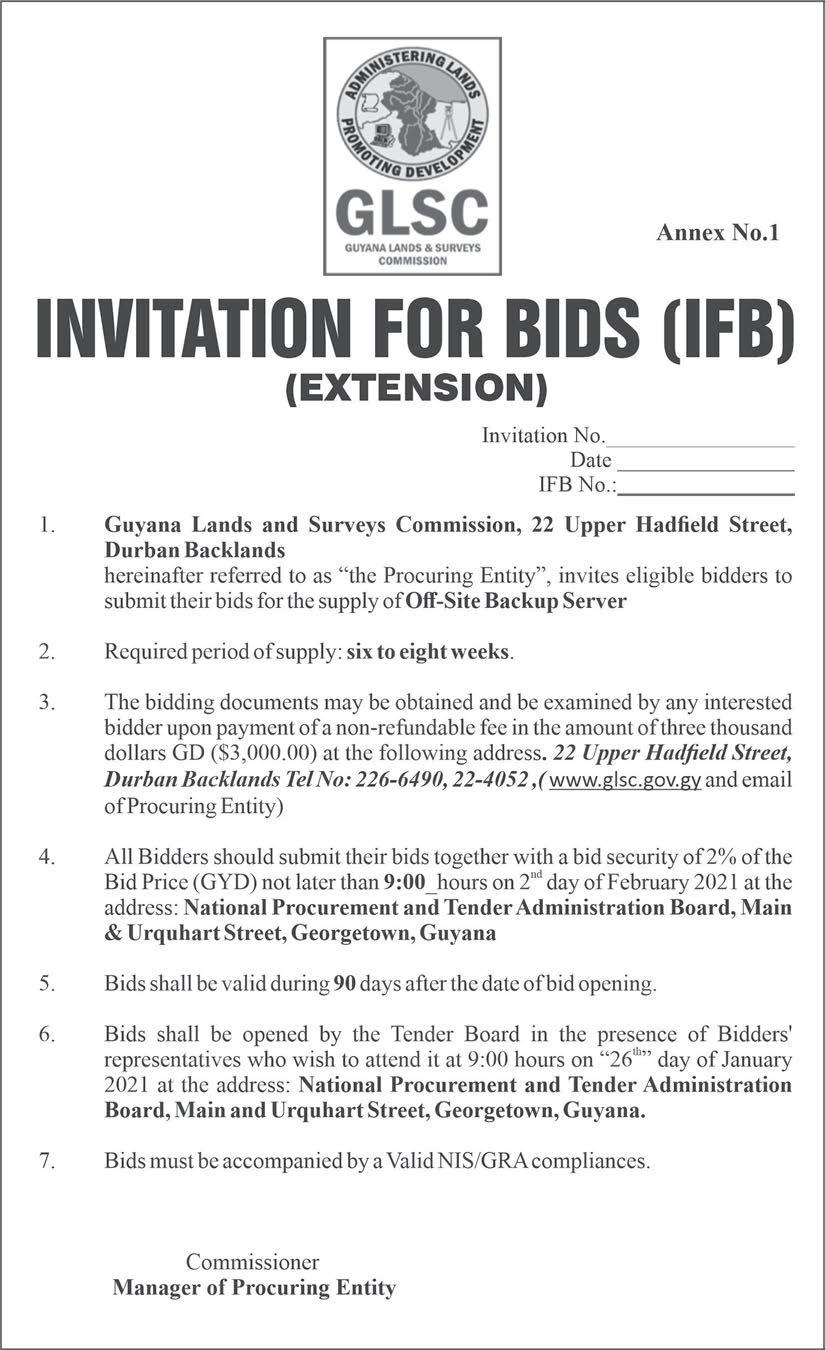
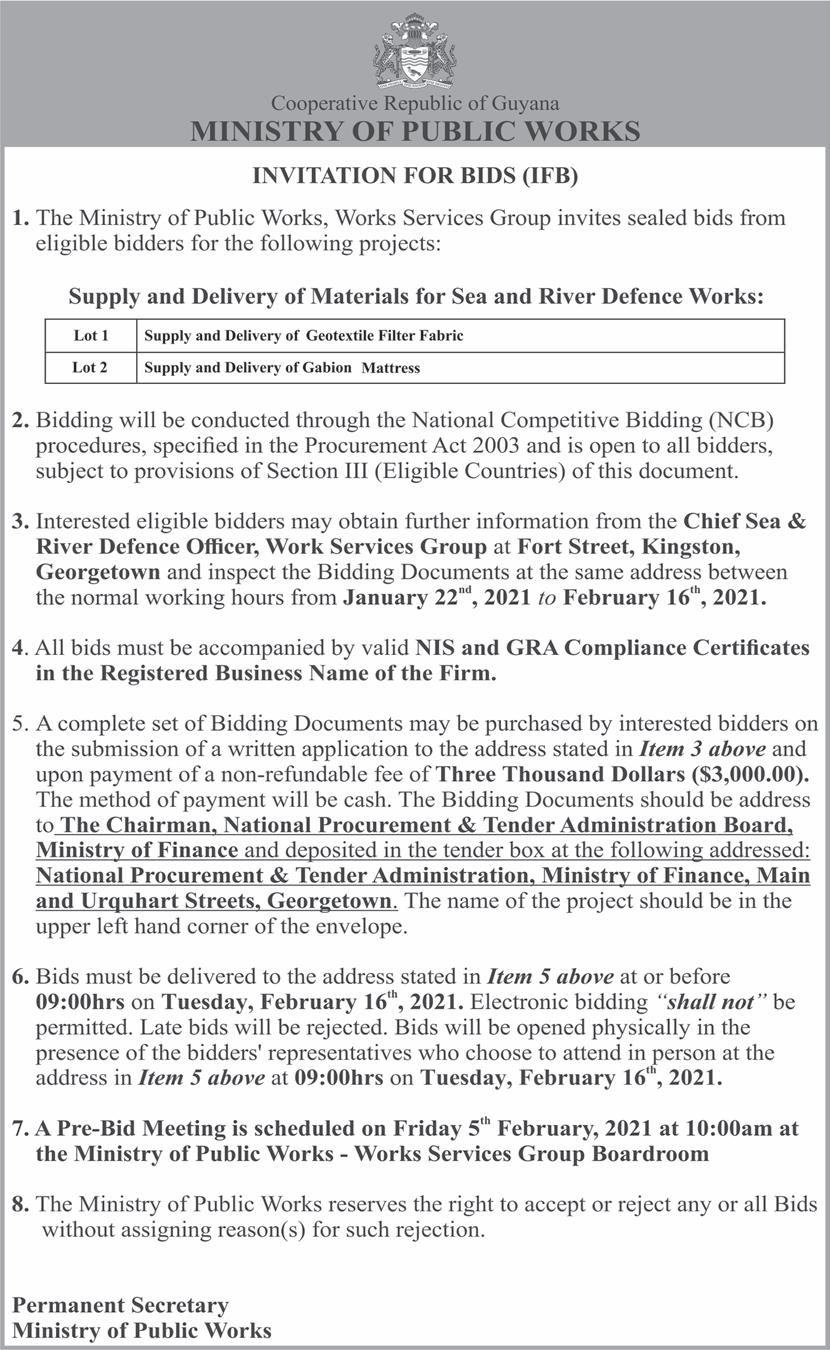
VACCINATION SCHEDULES FOR DOGS AND CATS

- CONTINUED -



Last week, within the context of presenting the protocols/ schedules associated with the delivery of vaccinations to dogs and cats, documentation was made about the compulsory prerequisites which accompany the actual, physical injection of the respective vaccines.
Today (below) we are presenting the proposed schedules which, over the years, have proven to be the most efficient way of inoculating our canine and feline wards.
Please understand that when we write about “Polyvalent Vaccine”, we mean that the injection given to the animal offers protection against the diseases listed on the vials containing the vaccine.
You will notice that your veterinarian will pull up from one vial a liquid and inject the same into a second vial containing a solid. Having combined and the shaken the contents in the second vial, the vet will pull up the mixture which is then ready to be injected subcutaneously (under the skin) into the animal. The animal’s immunity against the stated diseases will begin to kick-in within one week of it being vaccinated.
Also, if the animal has already contracted the disease, but is not exhibiting the specific disease symptoms described in previous Pet Care columns, the expected immunity from the vaccine will not occur, and the vaccination may even precipitate the onset and severity of the disease.
HEALTH TIPS
THE IMPACT OF COVID-19 ON PERSONS... FROM PAGE 19
HIV AND COVID-19 VACCINE
The COVID-19 vaccines already approved for use or under development are considered safe for people living with HIV. Generally, to be approved, vaccines must pass multiple safety trials, and be reviewed by national regulators to ensure they are both safe and effective. Several of the COVID-19 vaccine trials included people living with HIV. As with the general population, for people living with HIV, the vaccines help the body to develop immunity to the virus that causes COVID-19; this allows persons to fight off the virus if exposed. Even after being vaccinated, it is important to continue to take steps to prevent COVID-19 transmission, until cases of the virus have fallen to a safe level in Guyana.
Even before the COVID-19 crisis, a high percentage of people living with HIV were engaged in the informal economy. They faced high levels of discrimination in employment, and had high rates of unemployment - which was significantly impacted by lockdown measures. Women are overrepresented among the informal economy workers in the hardest hit sectors. The rate of relative poverty is expected to increase by approximately 34 percentage points globally for workers in the informal economy. With further increases in income inequality among workers, an even greater proportion of informal economy workers would be left behind.
As lockdowns end, and recovery plans are put in place, it is important to ensure that people living with HIV, and key populations, do not face stigma and discrimination in resuming their jobs or reintegrating into the labour market. Given the high unemployment rates of people living with HIV, targeted income-generation programmes as part of their COVID-19 response and recovery plans are encouraged.
The vaccination schedules proposed above rely greatly on advice documented by the American Veterinary Medical Association and are consistent with tested and proven global practices.
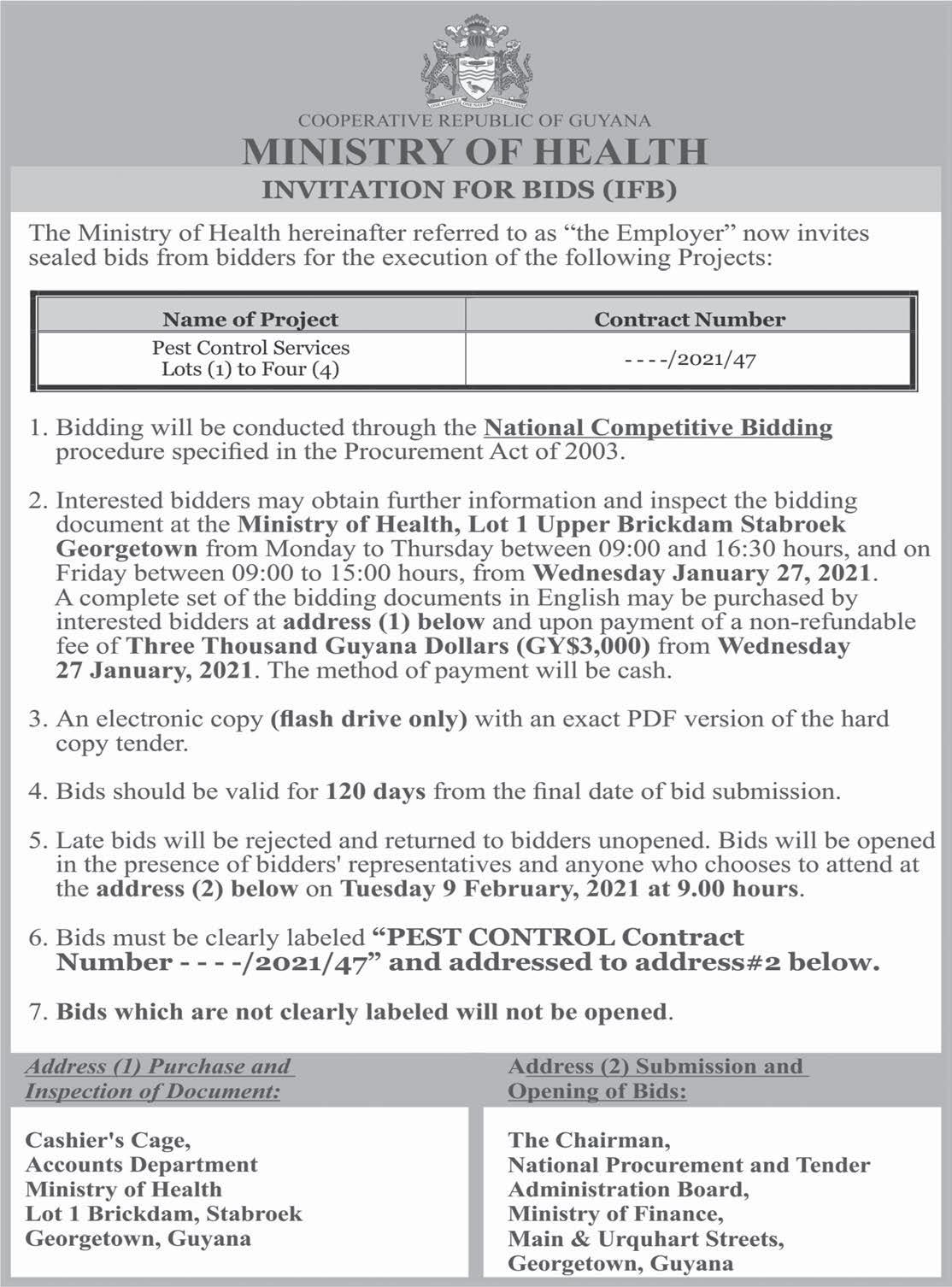
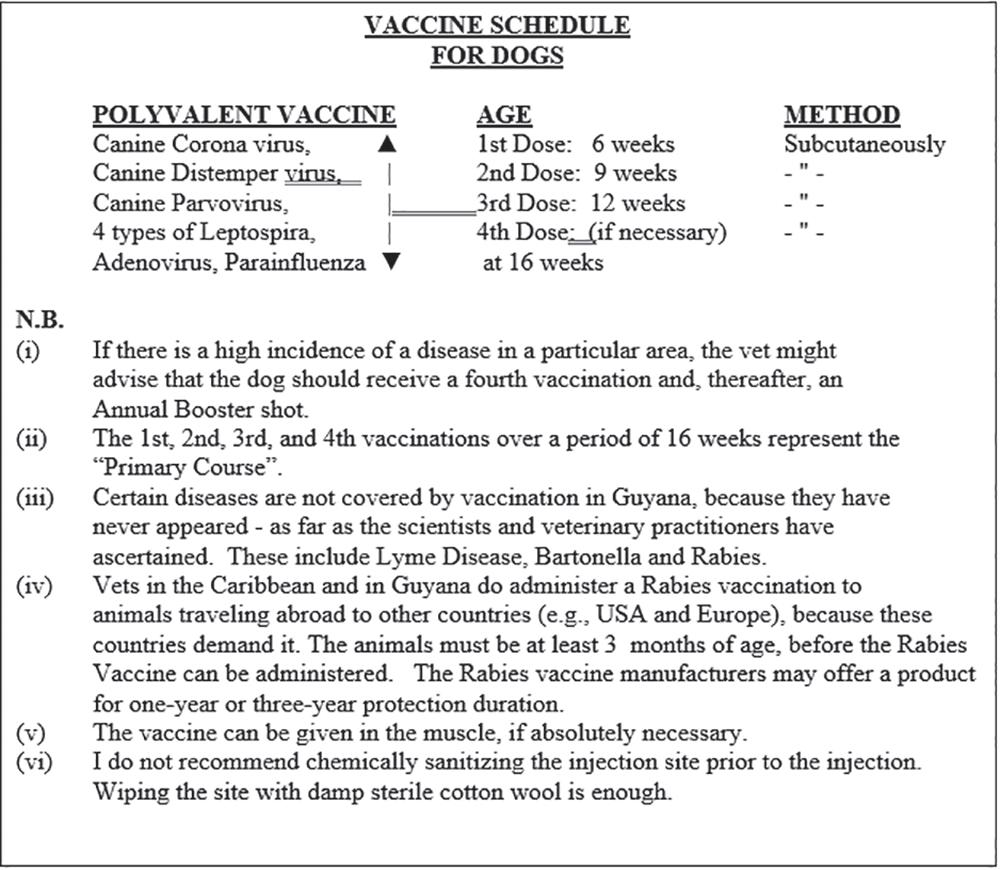
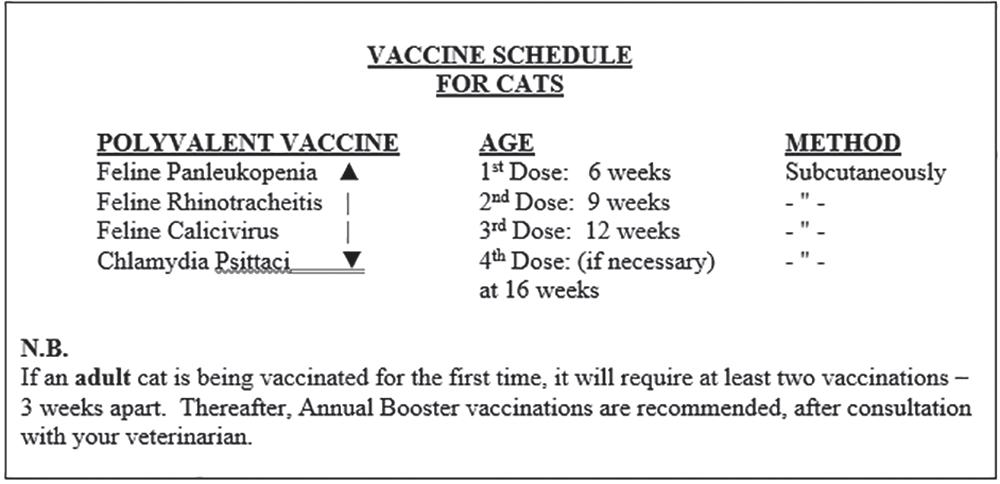
ACROSS
1 Golden-haired 6 Explorer -- Polo 11 Moves swiftly 16 Salts away 21 Designer Nina -22 The Ewoks’ moon 23 -- -- in the bucket 24 In the dark 25 D’Artagnan’s friend 26 Mr. Amundsen 27 One of a strand 28 Dry-heat bath 29 Ernesto Guevara 30 Quicklime 32 Pounces 34 Turban wearer 36 Cold mo. 37 Patio 39 Major artery 40 Rozelle of football 41 Furniture buy 42 Suffix for forfeit 43 Ruffle 44 Narrow pillow 46 -- theft auto 49 -- -duddy 50 Daughters’ brothers 51 Grouchy 55 Ride the rapids 56 Ceremonies 57 Whey opposite 58 Imposing estate 59 Call -- -- day 60 Toxic gas 61 Mme.’s daughter 62 Attack of the flu 63 Flee hastily 64 On the wrong track 66 Dandy 67 “Star Trek” speed 68 Carpe --! 69 Reasons 70 Rackets 71 New Haven campus 72 Thick with cattails 73 Motel offering 74 Noted music festival 76 “Ben- --” 77 Behind bars 80 -- the weather? 81 Othello’s betrayer 82 Radiator’s must (2 wds.) 86 Be a party to 87 Mountain pool 88 NCAA Bruins 89 Narrow passage 90 Hwys. 91 Woman, but not she 92 Footnote abbr. (2 wds.) 93 Prizefight events 94 Mess up 95 Posse’s quarry 97 Command to Fido 98 Paddock papas 99 Therefore 100 Laundry-room item 101 Word plays 102 Sorrow, to poets 103 Violin holders 104 Without doubt 106 Part of BLT 107 California’s Big -108 Fawn’s father 111 In a frenzy 112 Luxury furs 113 Horse-drawn cabs 117 NASA counterpart 118 Red-waxed cheese 119 -- Hawkins Day 120 Brick oven 121 Compost 122 Less courteous 124 Full of pep 126 Sidled past 128 Infuse 130 Dainty pastries 131 Port for Pompey 132 Cotton thread 133 Boom-box issue 134 Driving hazard 135 Tree homes 136 Crackles 137 Community type
DOWN
1 Moss leaf 2 Agile 3 Yellow pigment 4 Sgt. 5 Deep-six 6 -- Haggard of music 7 Strong as -- -8 Vitamin amt. 9 Lab suspensions 10 Neat 11 Frank or Moon Unit 12 Lyric poems 13 Zoologists’ mouths 14 Bites 15 Divides 16 Hindu -- range 17 Actress -- Hartman 18 Dodge 19 Coniferous trees 20 Mound 31 Queen beater 33 E. Coast ocean 35 Hot dog go-with 38 Anagram for “turn” 39 Bard’s forest 40 Ducks’ haunt 41 Confound it! 43 Fold-up mattress 44 Tiresome talker 45 Q.E.D. part 46 Fairy tale brother 47 Math figure 48 Pull -- -- one 49 Bona - (credentials) 50 Kirk’s helmsman 52 Gainsay 53 Bleated 54 Tasty 56 Did a fall chore 57 Like Mozart’s music 58 Heart 60 Carried on about 61 Repair 62 Show reluctance 65 Where Lhasa is 66 Resume cousins 67 Baylor site 68 Run for the roses 70 Soft plumage 71 Exercise system 72 Viking letters 74 Tattered 75 Like redwoods 76 Luminous auras 77 Imitation chocolate 78 Kareem -- -Jabbar 79 Medieval tale 80 Herr’s abode 82 Aviator 83 Big pitchers 84 Huge 85 Amateurs 87 Brunette’s opposite 88 Arapaho foes 89 Slugger Hank -91 Table salt’s formula 92 ___ meeny ... 93 Metric pounds 96 Shortage 97 Rusted-out ship 98 Fogbound (2 wds.) 99 Maize units 101 Vow 102 Webster and Boone 103 Like a fox 105 Hippolyta, for one 106 Auction action 107 Mineo of old films 108 Lahr and Parks 109 Ordinary 110 Skilled force 112 Chichen Itza founders 113 Lays low 114 Circle the Earth 115 Black eye, slangily 116 Fiery horse 118 Formerly, formerly 119 Kind of curl 120 Brown seaweed 123 Cousteau’s summer 125 Qt. parts 127 Cookie-selling org. 129 Kiwi’s extinct cousin
KATHLEEN SAXE WORD GAME
TODAY'S WORD -- AESTHETIC
(AESTHETIC: ess-THET-ik: Of or concerning the appreciation of beauty or good taste.) Average mark 48 words Time limit 60 minutes
Can you find 63 or more words in AESTHETIC?
TODAY'S WORD -- AESTHETIC
ache achiest aitch atheist attic each ease east estate esthetic etch ethic sachet sate scat scathe seat sect seiche sheet site stat state static stet stitch tacit tact taste teach tease teat tech teeth test that thee theist these theta this tithe haste hate heat heist hesitate itch case cash cast caste cease cesta chaise chase chaste chat cheat chest chia chit cite
RULES OF THE GAME: 1. Words must be of four or more letters. 2. Words that acquire four letters by the addition of "s," such as "bats" or "dies," are not allowed. 3. Additional words made by adding a "d" or an "s" may not be used. For example, if "bake" is used, "baked" or "bakes" are not allowed, but "bake" and "baking" are admissible. 4. Proper nouns, slang words, or vulgar or sexually explicit words are not allowed.
SEE SOLUTION ON PAGE 33



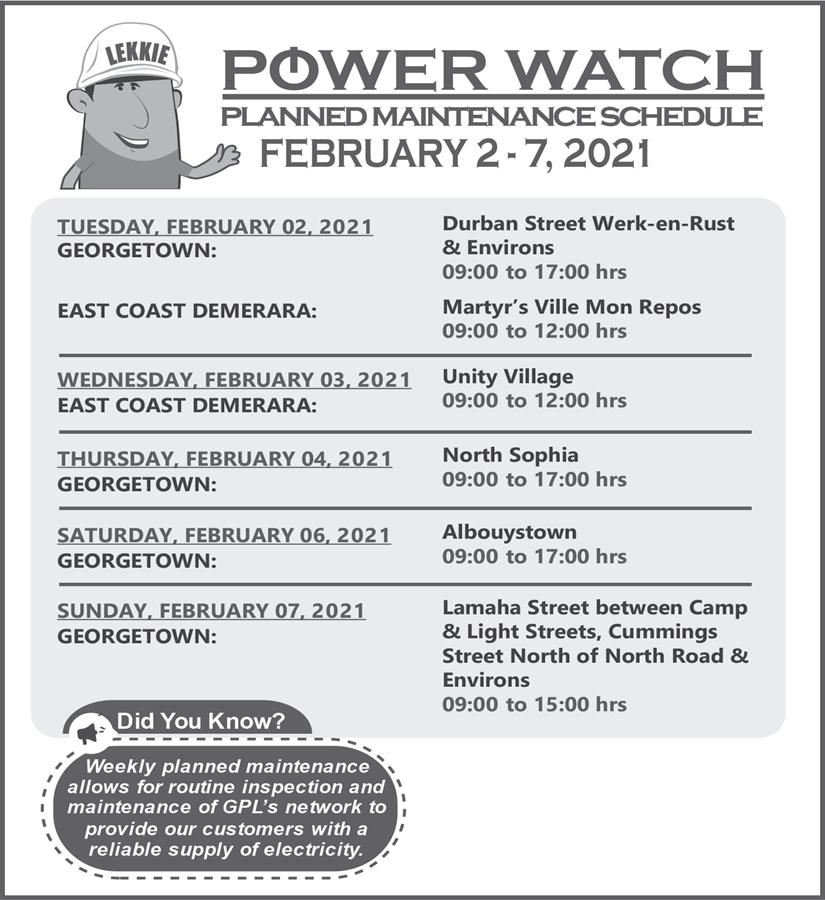
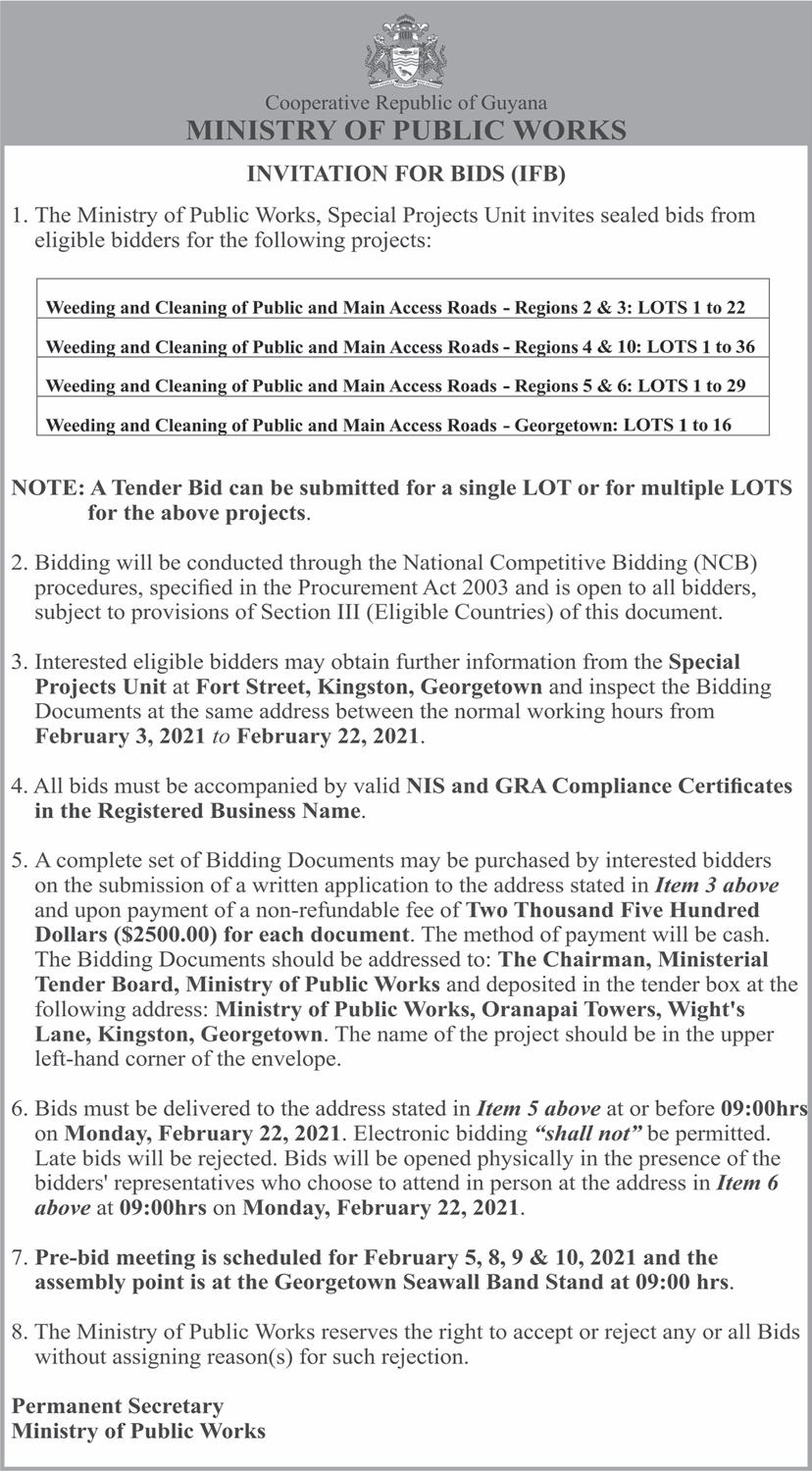


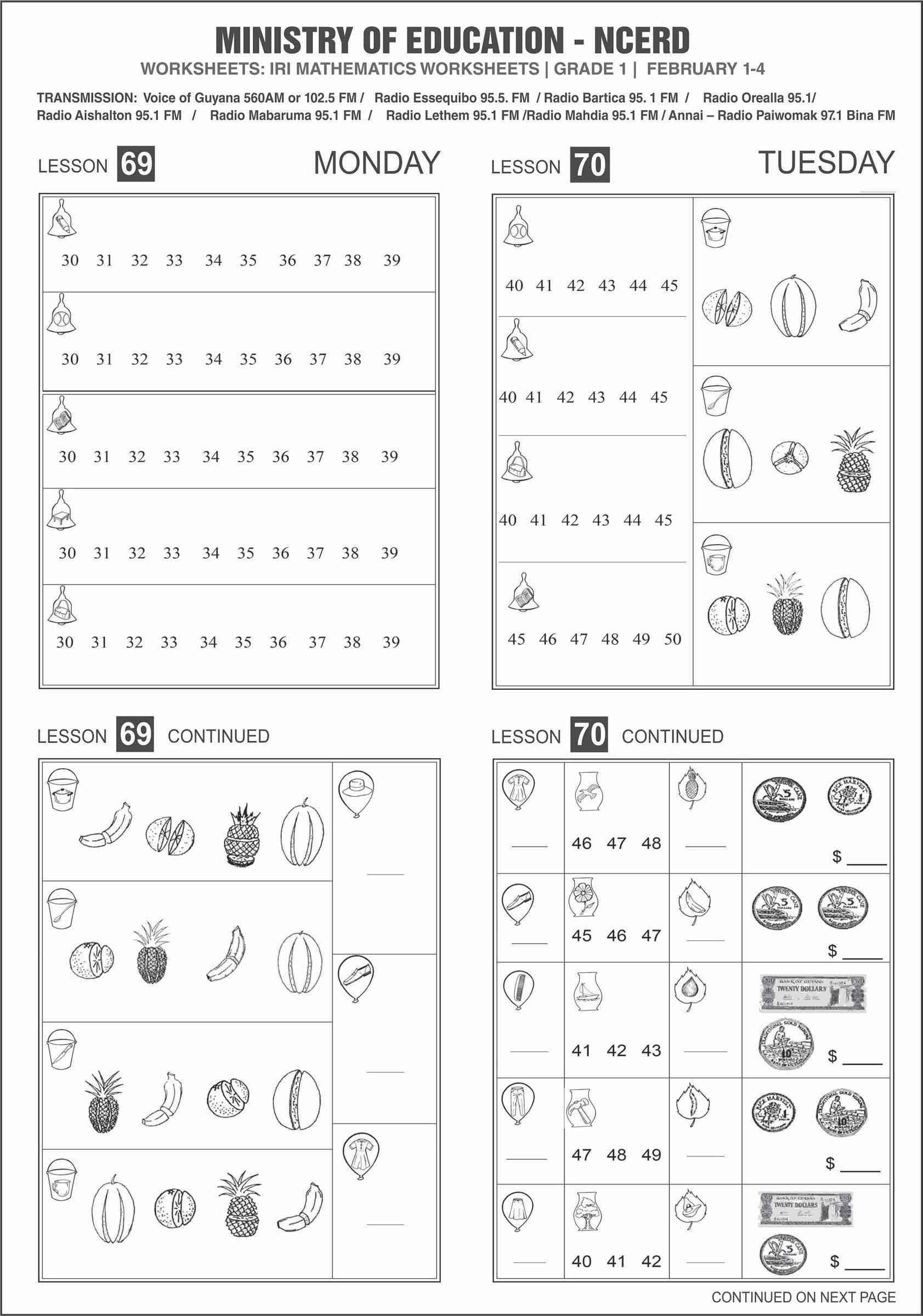
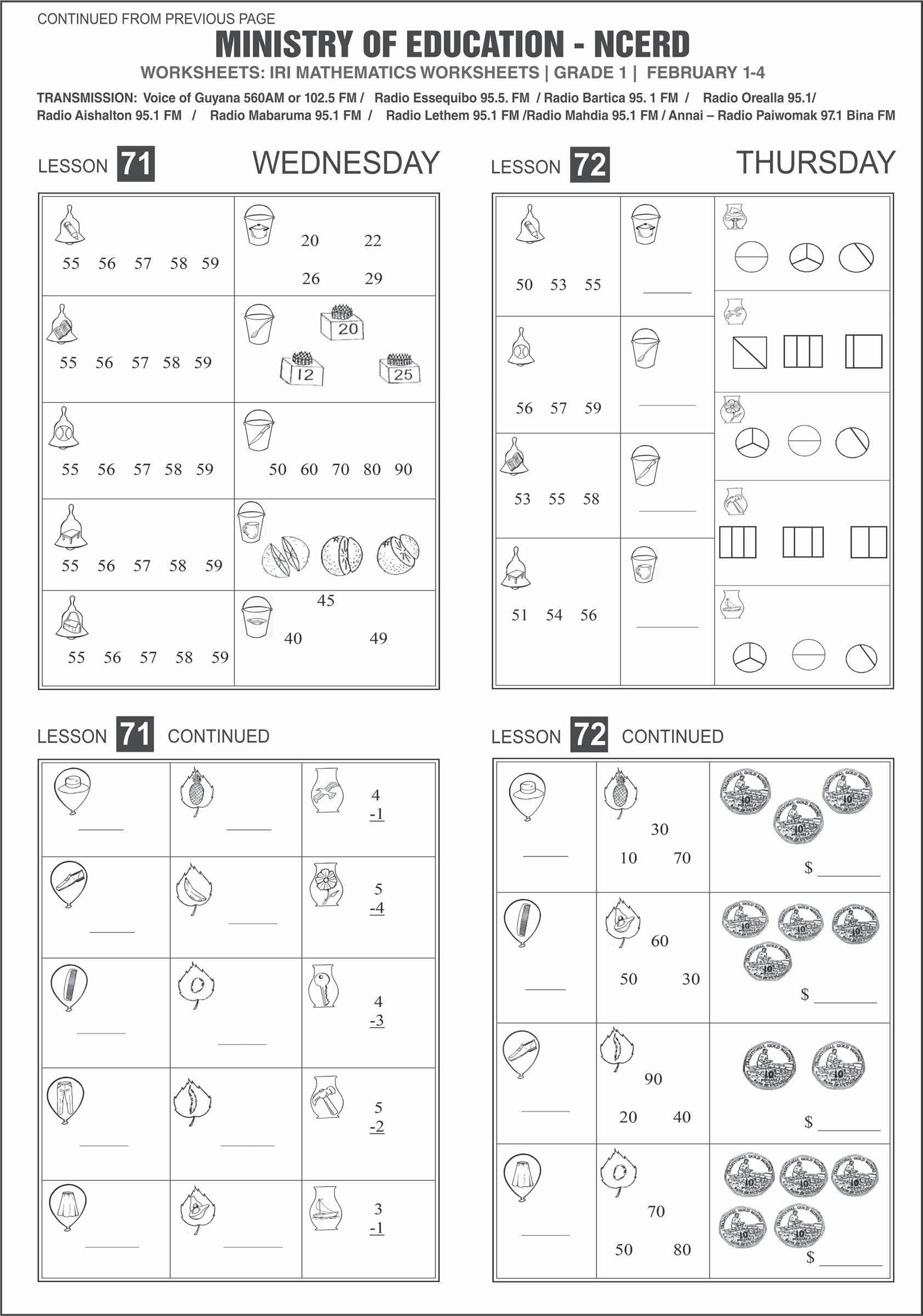
SUNDAY, JANUARY 31, 2021 | GUYANATIMESGY.COM MovieTowne launches its “City of Love”
To kickstart the celebration for Valentine’s Day, MovieTowne at Turkeyen, Greater Georgetown, has launched its “City of Love”. The mall’s entire fiesta plaza has been decorated to mirror a scene of Paris, France. Standing tall in the centre of the plaza is a 23 feet replica of the Eiffel Tower, which is surrounded by little love-related activity booths where persons can purchase sentimental gifts for their loved ones.
Speaking with this newspaper, the mall’s General Manager, Rochelle Parasram, highlighted that since travels have been restricted due to the COVID 19 pandemic, the idea was designed with the aim of giving patrons a “real” feel of Paris.
“Love is in the air at MovieTowne. So, we decided to more or less play on the idea that persons are not allowed to travel right now, so we decided to bring the City of Love - Paris, to the Guyanese people,” Parasram

MovieTowne’s General Manager, Rochelle Parasram
explained.
Rochelle further added that in efforts to make the experience even more surreal, they decided to add activities around the Eiffel Tower.
“We have activities that will be happening from the 1st to the 14th of February. To really give people that whole feel. We wanted to create that city by allowing persons to come in and have things that you’d want to have in Paris,” she added.
The tower is surrounded by many activities for couples and families to indulge in such as portrait painting, hand casting and temporary tattoos.
In order to complete the experience, Neshas Flowerland has fresh flowers on sale while the Wine Cellar has wine and cheese deals.
She clarified that all activities will be carried out in adherence to the COVID 19 protocols.
“When you come in, all protocols are in play, you have to ensure you sanitise and wear your mask when you come in… Even though we have these beautiful events we always make sure it’s done in one of the safest ways possible,” she posited.
Rochelle also noted that the City of Love is not the only way that MovieTowne will be celebrating Valentine’s; the mall

Movietowne’s City of Love
has also launched its “Cute Couple competition”.
She explained that shoppers can make purchases of $6000 or more from any of the stores in the mall to gain a coupon to participate in the competition. She added that participants can win prizes ranging from a staycation at the Arrowpoint Nature Resort to shopping vouchers from the Massy Mega Supermarket.
Since its opening in March 2019, the mall has continuously transformed its fiesta plaza to suit varying celebrations. For Christmas 2020, the plaza housed and lit a 25ft Christmas tree.

SUNDAY, JANUARY 31, 2021 | GUYANATIMESGY.COM Region 4 woman is Guyana’s 176th COVID-19 death
…53 new cases recorded
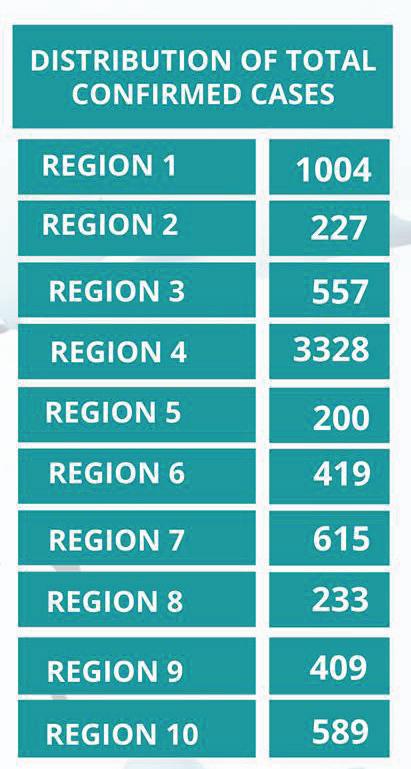
The Health Ministry on Saturday reported another death from the novel coronavirus in Guyana, which raised the total deaths to 176.
The latest fatality is a 53-year-old female from Region Four (DemeraraMahaica), who died while receiving care at a medical facility on Friday.
Prior to this, the last death was reported on Wednesday after a 65-yearold male from Region Five (Mahaica-Berbice) succumbed while receiving treatment.
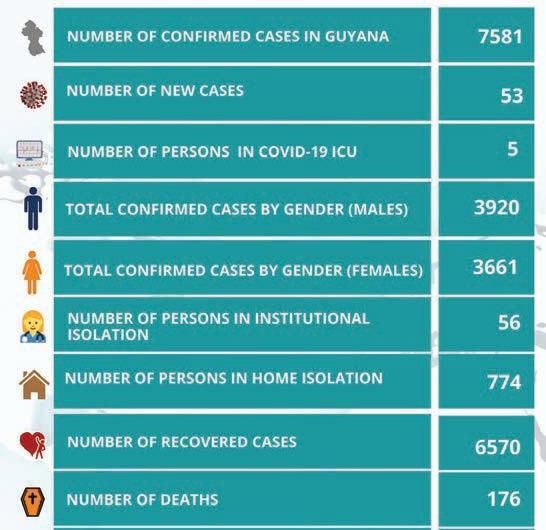
New cases
As of Saturday, there were 53 new novel coronavirus cases from a total of 270 test samples.
According to the Ministry’s dashboard, the total number of confirmed cases in the country is now 7581 – 3920 males and 3661 females. The data showed that 6570 patients have recovered from the life-threatening virus – 29 of which were reported on Saturday.
There are 835 active cases: five in the COVID-19 Intensive Care Unit (ICU), 774 in home isolation and 56 in institutional isolation. Some 19 persons are also in institutional quarantine.
A breakdown of the new cases showed: two were detected seven in Region Two (Pomeroon-Supenaam); four in Region Three (Essequibo Islands-West Demerara);36 cases in Region Four; one on Region Five; one in Region Six (East BerbiceCorentyne); six in Region Seven (Cuyuni-Mazaruni) and three in Region 10 (Upper Demerara-Berbice).
The figures for Regions One (Barima-Waini), Eight (Potaro-Siparuni) and Nine (Upper Takutu-Upper Essequibo) – remains at 1004, 233 and 409 respectively.
Government has tightened security at the border regions after COVID-19 variants were detected in Brazil. For this, it announced on Friday that all flights to and from the country are prohibited.
Health Minister, Dr Frank Anthony indicated during the coronavirus update that officials are seeking to acquire more information about the virus before reopening. In the past weeks, the P.1 and P.2 variants were detected in Brazil, causing Guyana to cease all border travel.
The public has been informed that there is limited trade between the two countries on Thursdays but throughout the week, border patrols are closely monitoring for persons illegally entering Guyana. The Minister contended that other countries have already restricted flights to and from Brazil, fearing transmission of the new variants.
This week, inmates and prison officers across the penitentiaries were placed into isolation after testing positive for the novel coronavirus (COVID-19). A few days ago, there were over 30 positives at the Timehri Prison. Four prison officers and one inmate at the New Amsterdam Prison were also positive. At Lusignan, there are also a few cases.
If anyone is displaying any of the symptoms associated with COVID-19, or need any additional information, they are asked to contact the COVID-19 Hotline 231-1166, 226-7480 or 624-6674 immediately or visit www.health.gov.gy
Persons with comorbidities have been asked to continue taking their respective medications or treatment to control their condition. The preventative measures and guidelines to protect against the virus must be adhered to since this category of persons is at a greater risk if they contract COVID-19.
(G12)

SUNDAY, JANUARY 31, 2021 | GUYANATIMESGY.COM Diplomacy is Guyana’s 1st line of defence – Greenidge
…importance of “defence diplomacy” cited by Chief of Staff
By Jarryl Bryan
Diplomacy remains an integral weapon in Guyana’s arsenal and in light of the recent acts of aggression by Venezuela against Guyana, the importance of diplomacy has taken front and centre in the national effort.
Guyana’s international relation efforts have brought the verbal support of the Caribbean Community (Caricom), the Organisation of American States (OAS) and members of the international community including the ABC countries (the United States, the United Kingdom and Canada).
On Saturday, President Dr Irfaan Ali delivered a presidential address, followed by him and a panel of top officials fielding questions from the public and media. The entire panel emphasised the importance of diplomacy being pursued to resolve the matter and to avoid an armed conflict. According to Advisor on Borders Carl Greenidge, diplomacy constitutes
Guyana’s first response.
“In international relations, the first response of allies and members of the international community who may not be allies is to use diplomatic means. The first reaction isn’t to meet breaches of international law with force. They use various devices at their means as recalcitrance persists.”
“So don’t expect tomorrow that the international community is going to send troops and boats overnight, to fix this problem. They’ll bring pressure to bear on Venezuela and escalate that, until such a time as they deem any other action necessary.”
Meanwhile, President Ali noted that their diplomatic efforts are bearing fruit with the condemnation that has flowed against the Nicolás Maduro regime.
“We have strong condemnation from international organisations and bilateral partners, from Caricom (Caribbean Community) itself (against Venezuela). That is the first phase, to have this international condemnation. And there is international support for Guyana.”
“As I said, we pursue the resolution of this conflict. We are committed to the International Court of Justice, to peaceful resolution and also to diplomacy. And through diplomacy, we have seen overwhelming support for Guyana’s case and cause,” the President said.
Defending Guyana’s territory
Meanwhile, Guyana Defence Force (GDF) Chief of Staff Brigadier General Godfrey Bess noted that while the GDF is committed to defending Guyana’s territory, the clear intent is for a peaceful resolution to the matter through the International Court of Justice (ICJ) and “defence diplomacy.”
“We continue to cooperate and work with our friendly militaries in the Caribbean and further afield, which include our neighbours Brazil and Suriname. Our soldiers are strategically positioned to ensure Guyana’s patrimony is upheld… while our military might be small,
I’m leading men and women with big hearts to defend this country,” he said.
On January 21, two Guyanese-registered fishing vessels and a 12-man crew that were operating off the coast of Waini Point in Guyana’s EEZ were intercepted by the Venezuelan naval vessel, Commandante Hugo Chavez GC 24, which was illegally traversing Guyana’s waters.
The Venezuelans boarded the vessels and the captains were instructed to chart a course to Port Guiria where they were detained and are being kept to this day. The men have since been brought before a Venezuelan court and reports indicate they will be kept in custody for some 45 days pending an investigation.
Since then, however, a number of countries have condemned Venezuela’s actions and urged the Spanishspeaking country to release the fishermen. Last week, the OAS Permanent Council met to discuss, among other things, the tensions between Guyana and Venezuela.
During the Permanent Council’s virtual meeting, Guyana’s Permanent Representative to the OAS Riyad Insanally informed the Council about the recent actions of Venezuela and a number of countries on the Council took a firm stance against Venezuela, including the US, Canada, Trinidad, Brazil, Antigua and Barbuda and Belize.
The Permanent Council is one of the two main political bodies of the OAS, the other being the General Assembly. The Permanent Council keeps vigilance over the maintenance of friendly relations among the member states and, for that purpose, effectively assists them in the peaceful settlement of their disputes. (G3)
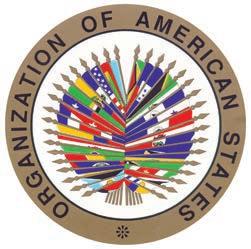
The OAS has already condemned Venezuela’s actions
